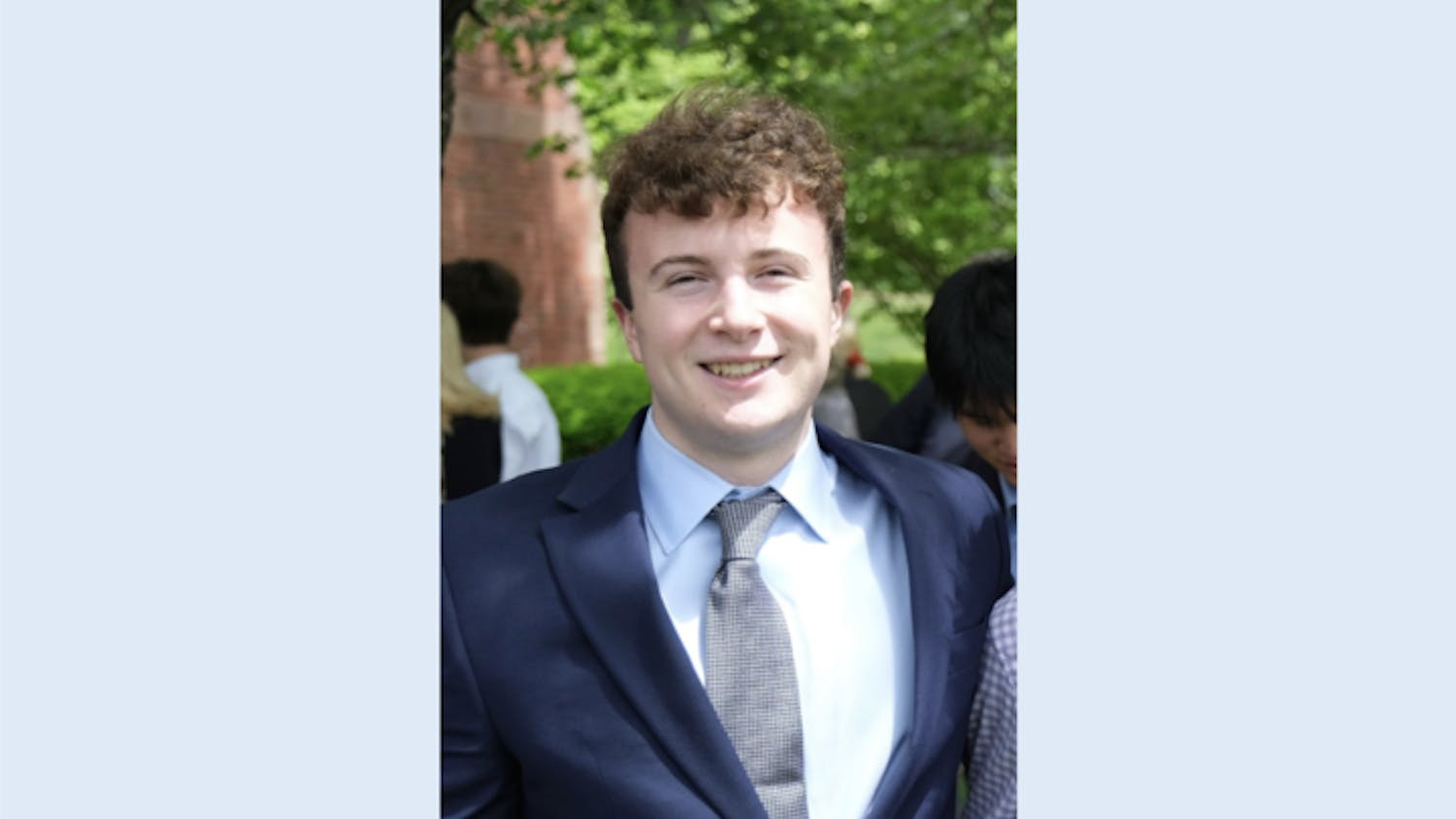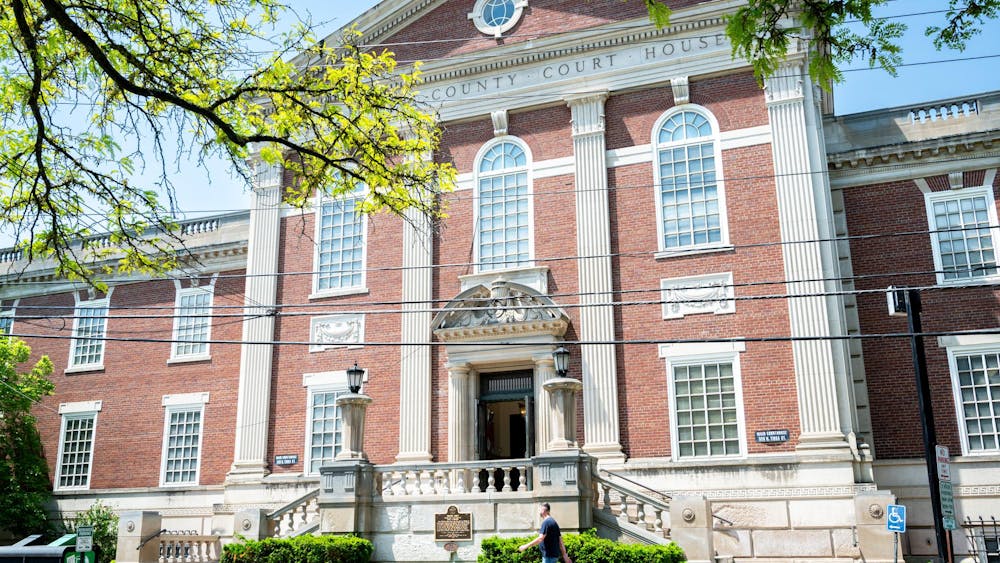Harold Bloom ‘51, an English professor at Yale University and literary critic, died at the age of 89 on Oct. 14 in New Haven. He taught his last class at Yale University on Oct. 10.
Born in East Bronx in 1930 in New York City to a pair of Eastern European parents, Bloom had Yiddish as his first language and taught himself English afterwards. When he arrived at Cornell University in the late 1940s, he had “preternatural speed in reading, accompanied by total memorization” of what he enjoyed most, Bloom wrote in the forward to his mentor Meyer Howard Abrams’ essay collection, The Fourth Dimension of a Poem.
Yet he also dubbed his undergraduate self as “awkward” and “socially scarcely existed, hindered by self-consciousness and acute anxieties.” In the foreword, Bloom paid tribute to Abrams for freeing him from all doubts and encouraging him onto an academic and literary critical career.
Bloom graduated from Cornell in 1951 with a degree in Classics, and received his Ph.D. from Yale in 1955. He got a teaching job at Yale the same year, and was a member of the English department there until his death.
As a professor of English at Yale University, Bloom had a distinctive style of teaching.
“He would always do most of the talking in a stream-of-consciousness way, and never had any notes written down that I could remember,” Prof. Roger Gilbert, English, said about his time as a graduate student when Bloom taught at Yale. “He knew the text that he had asked us to read so well that he didn’t need to take notes on what passages appeared where.”
Bloom is known for his theory of influence. For him, a writer usually has one or multiple “precursors” who influence them the most. They not only inherits the influence but also seeks to transform that influence into something original.
Bloom took his ideas to the extreme, according to Prof. Gilbert. In the case of influence, Bloom claims that later writers almost have some anxiety or resentment towards their precursors, which manifests itself in gestures that imply the previous writers’ work needs correction.
For Bloom, one of the sources of his influence was from Northrop Fye, a literary critic and author of The Anatomy of Criticism, with whom he shared an encompassing vision of literature that was not limited to one specific period or genre, as shown in Bloom’s book The Western Canon.
He was also known for being “an appreciative critic” and for his value of an aesthetic education — which focuses on literature’s function in augmenting and complementing the self rather than in being analyzed through historical and social contexts.
“His basic motive is to praise those who in his view were the greatest writers and to help his students and readers better understand and appreciate what was most distinctive about them,” Gilbert said.
In the fall of 1968, Bloom came back to Cornell University for a year as a Fellow of the Society of the Humanities. There, he met Archie Randolph Ammons, a poet and professor of poetry at the University and the pair became close friends.
According to Prof. Gilbert, Bloom was a great admirer of Ammons’ poetry. On the other hand, however, Bloom tried to influence Ammons and push him to be “leave mundane particulars behind” and be “intense, mad, and consistently high” instead, according to an article written by Prof. Gilbert in 2012 about the literary “bromance” of Ammons and Bloom.
In 1999, Bloom came back to Cornell — for the last time — to deliver a Baccalaureate service address. Professor Gilbert then drove him to Archie’s house in Cayuga Heights, where Bloom met Archie Ammons and M. H. Abrams and had a delightful catch-up. That was the last time the three were together.
Bloom is survived by his wife of 61 years, Jeanne, and two sons.

Literary Critic, Longtime Yale Professor Harold Bloom ’51 Dies, Aged 89
Reading time: about 4 minutes
Read More










